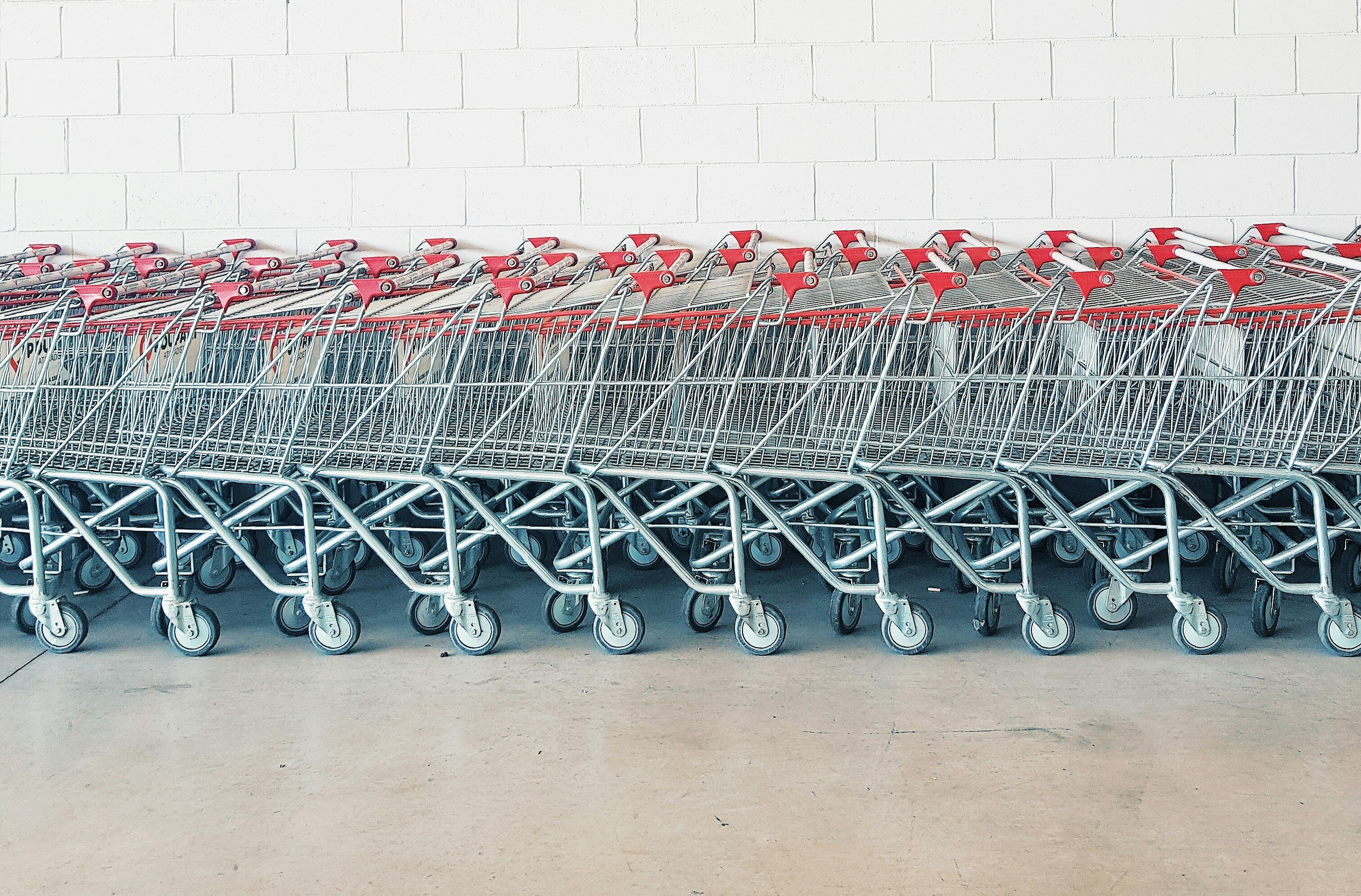Nearly 70% of people are willing to purchase reusable products, but nearly the same number say high prices have kept them from doing so, according to a new survey from ALPLA.

Nearly 70% of people are willing to purchase reusable products, but nearly the same number say high prices have kept them from doing so, according to a new survey from ALPLA.
